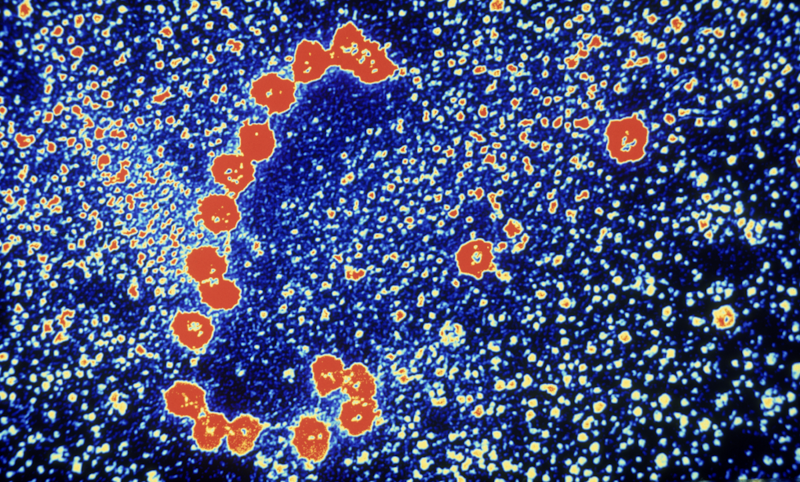
The Simons Foundation Autism Research Initiative (SFARI) is pleased to announce that 10 Director Awards were awarded in 2019.
These projects include, but are not limited to, studies that aim to enhance existing SFARI-sponsored cohorts and collections, generate novel resources (e.g., animal models) or whose goals are beyond the focus of existing SFARI request for applications (RFAs).
Some of these projects were SFARI- or investigator-initiated, while others were originally submitted through SFARI RFAs but were funded as Director Awards following review of their objectives, topic and merit.
“Our mission is to promote the best science possible,” says SFARI director Louis Reichardt. “We believe that these Director Awards will be a great addition to the SFARI grant portfolio and will provide insights and resources that will be valuable to the autism research community.”
The new Director Awards include:
Kevin Bender, Ph.D. and Nadav Ahituv, Ph.D. (University of California, San Francisco)
CRISPR activation-based approach to rescue cellular and behavioral deficits associated with Scn2a haploinsufficiency
Stephanie Bielas, Ph.D. (University of Michigan)
ASXL3 in neural fate commitment and autism spectrum disorder
Harold Burgess, Ph.D. (Eunice Kennedy Shriver National Institute of Child Health and Human Development)
Generation of zebrafish mutants in homologs of ASD risk genes
Abha Gupta, M.D., Ph.D. (Yale University)
Clinical characterization of childhood disintegrative disorder and implications for regression in autism
Yann Herault, Ph.D. (Institut de Génétique et de Biologie Moléculaire et Cellulaire)
Generating a new 16p11.2 deletion rat model
Shafali Spurling Jeste, M.D. (University of California, Los Angeles), Kelly Botteron, M.D. (Washington University School of Medicine), Stephen Dager, M.D. (University of Washington), Jed Elison, Ph.D. (University of Minnesota), Alan C. Evans, Ph.D. (McGill University), Heather Hazlett, Ph.D. (University of North Carolina at Chapel Hill) and Robert Schultz, Ph.D. (Children’s Hospital of Philadelphia, University of Philadelphia)
Electroencephalography and eye-tracking measures as scalable biomarker-based predictors of ASD in high-risk infants
Shrikanth Narayanan, Ph.D. (University of Southern California) and Somer Bishop, Ph.D. (University of California, San Francisco)
Toward creating behavioral informatics for ASD through rich and efficient audio processing
In-Hyun Park, Ph.D. (Yale University School of Medicine)
Delineation of the role of the autism risk gene DEAF1 in corticothalamic development
Karen Parker, Ph.D. (Stanford University)
Advancing a monkey model of social impairment
Joel Richter, Ph.D. (University of Massachusetts Medical School)
Analysis of FMRP-ribosome interactions


